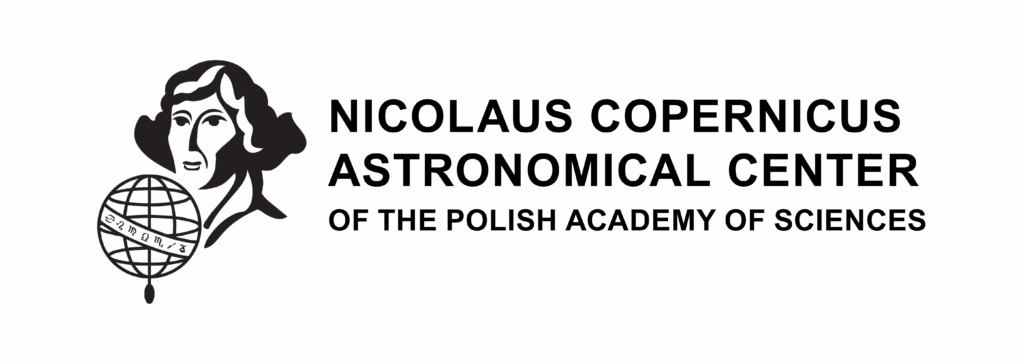In April 2024, the Government of Canada pledged $45.5 million over five years to the Arthur B. McDonald Canadian Astroparticle Physics Research Institute (McDonald Institute, MI). Hosted at Queen’s, the McDonald Institute serves as the cross-Canada hub for researchers, uniting experimental, theoretical, and technical expertise within a single organization. MI has 13 partner universities and research institutes across the country, all of which are key players in past and future innovation in astroparticle physics, among them TRIUMF, Perimeter Institute and SNOLAB, the Canadian underground laboratory.
Since the inception of AstroCeNT in 2019, a robust relationship has flourished with the McDonald Institute, characterized by shared objectives and a dedication to pushing the boundaries of astroparticle physics. Memoranda of Understanding (MoUs) with the Institute and some of its partners established since 2019 have paved the way for fruitful exchanges and collaborative endeavors. Together, we have worked on addressing fundamental questions surrounding dark matter, neutrinos, and other cosmic phenomena, leveraging each other’s expertise and resources to drive scientific progress.
AstroCeNT and McDonald Institute are partners within the Global Argon Dark Matter Collaboration, jointly working on the analysis of data from the DEAP-3600 dark matter detector, which is currently operating 2 km underground at SNOLAB, as well as on construction of the next generation DarkSide-20k detector at the Laboratori Nazionali del Gran Sasso in Italy and development of technologies, in particular of light collection and detection, for the future ARGO experiment at SNOLAB.
One more major joint effort for both institutes was the recent submission of a proposal for the Teaming for Excellence (TfE) program. For AstroCeNT this is an incredibly important step aiming to establish a new institute and attain the status of Poland’s foremost national laboratory in the field of astroparticle physics. McDonald Institute – alongside other esteemed institutions such as AstroParticle & Cosmology Laboratory (APC, funded by CNRS and affiliated entity UPC, France), Gran Sasso Science Institute (GSSI, Italy), Deutsches Elektronen-Synchrotron (DESY, Germany), Nicolaus Copernicus Astronomical Centre (NCAC, Poland) and Lukasiewicz Centre (LC, Poland) – forms part of the consortium for this project. This proposal represents a significant opportunity to expand our partnership across multiple dimensions, from research work to educational activities, administrative development and outreach efforts.
In an era characterized by global connections and scientific collaboration, the partnership between the McDonald Institute and AstroCeNT showcases the power of collaboration in advancing human knowledge. Together we forge new paths of discovery and unlock the mysteries of the Universe.







